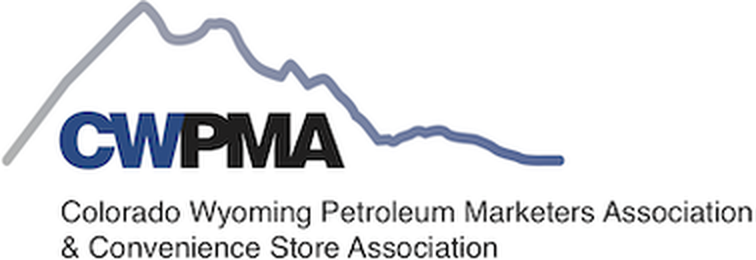Reformulated Gasoline – Coming Soon to a Station Near You!
CWPMA NOTE - The effective Date at retail per the clean air act is June 1st and the ozone season where RFG is required will last through September 15th!
As of May 1, 2024, gasoline sold in the Denver Metro and Northern Front Range (DM/NFR) area will have to be reformulated gasoline or RFG.
Why?
Air pollution – primarily ground level ozone, the main ingredient in “smog”.Back in 1970, Congress passed the Clean Air Act, which requires the Environmental Protection Agency (EPA) to set National Ambient Air Quality Standards (NAAQS) for six principle pollutants – one of which is ozone (40 CRF 50.10). Colorado has a lot of ozone precursor pollutants: volatile organic compounds (VOCs) and nitrogen oxides (NOx), produced by heavy vehicle traffic, oil & gas production, industrial emissions and wildfires. In addition, the terrain of the Denver Basin
|
|
|
What is it? RFG is gasoline blended to burn more cleanly than conventional gasoline. It has the same components as conventional gasoline but is further processed and refined so that it produces less carbon monoxide and fewer VOCs. According to the EPA, areas that have participated in Phase I and Phase II of the RFG program have shown a reduction in these types of smog forming pollutants by approximately 27%. Additionally, RFG should not affect engine performance and is estimated to only cost 2-3 cents more per gallon to produce. Using RFG is another step to help improve Denver Metro and Northern Front Range air quality and bring ozone levels into compliance. Over 3.3 million Coloradans will breathe cleaner air due to the introduction of RFG.
For more information about ozone and RFG you can visit: https://cdphe.colorado.gov/nonattainment-federal-ozone-pollution-standards https://www.epa.gov/gasoline-standards/reformulated-gasoline |

 (see Figure 1) tends to trap and concentrate these pollutants. Add in the hot, sunny days of Colorado summers, and this creates ideal conditions for pollutants to chemically react in the atmosphere and produce ozone. Due to these circumstances, ozone levels in the DM/NFR area were higher than the limits set by the EPA in 1997, and it was designated as a nonattainment area in April 2004 (see Figure 2). Since that time the DM/NFR area has not been able to meet the ozone standards EPA has set and has gone from being classified as “marginal” to “moderate” to “serious” in January 2020 under the standards set in 2008. Air quality in the area continued to decline and in November of 2022, the EPA reclassified the DM/NFR as a “severe” nonattainment area, triggering the requirement for RFG (40 CFR 1090.220).
(see Figure 1) tends to trap and concentrate these pollutants. Add in the hot, sunny days of Colorado summers, and this creates ideal conditions for pollutants to chemically react in the atmosphere and produce ozone. Due to these circumstances, ozone levels in the DM/NFR area were higher than the limits set by the EPA in 1997, and it was designated as a nonattainment area in April 2004 (see Figure 2). Since that time the DM/NFR area has not been able to meet the ozone standards EPA has set and has gone from being classified as “marginal” to “moderate” to “serious” in January 2020 under the standards set in 2008. Air quality in the area continued to decline and in November of 2022, the EPA reclassified the DM/NFR as a “severe” nonattainment area, triggering the requirement for RFG (40 CFR 1090.220). 